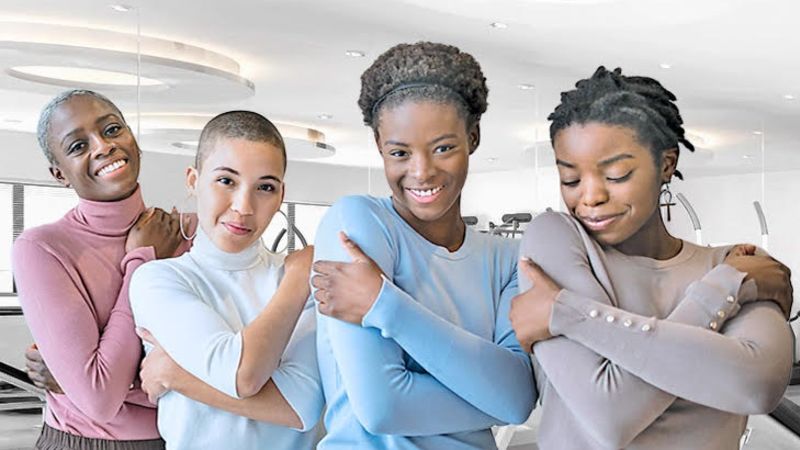
HUNTER: Embracing equity equates to inclusion
THE THEME FOR INERNATIONAL WOMEN’S DAY, (March 8, 2023) is #embraceequity.
I’m all about alliteration, but what does this theme really mean and why is it important?
Women make up just over half of the Canadian population yet continue to be underrepresented in political and professional leadership positions. Barriers to leadership multiply for women who face intersecting forms of discrimination such as racism, colonialism, ableism, and homophobia.
This is why the idea of embracing equity is important as it includes intersectionality, moving beyond equality. The distinction between these two terms is important in understanding the impact of policies and programs which aim to promote inclusion.


